On Monday, 9 May 2022, Europe Day, MEP Irena Joveva attended a discussion with secondary school students from Bežigrad Gymnasium to talk about the issues and challenges facing young people in the European Union. In addition to housing and employment issues, they also discussed the perspectives of young people, migration and the importance of involving young people in politics. Asked about her decision to stand as a candidate, she told them that she would not have chosen to throw her hat into the ring if she had been happy with the people who were in office at the time.
Joveva began by explaining the European Parliament’s powers in the legislative process: “We take all decisions as a co-legislator, together with the Council, which brings together the heads of state or government of all EU Member States. The European Parliament adopts legislation with a majority, whereas the Council requires unanimity – and if one country is against, a dossier is blocked.” She pointed out that the European Parliament has been working intensively on migration policy for several years and has constantly warned countries of the need to legislate in this area: “As the leaders of certain Member States prefer to sow fear of refugees rather than help them, we do not have a proper umbrella legislation, which should have been there long ago!” In her view it is unacceptable to divide refugees into “genuine” and “non-genuine” on the basis of, for example, the colour of their skin or religion. She mentioned that having been the child of economic migrants herself, she knows what it is like when parents leave their country to earn a living: “It is important for migrants to integrate, but they cannot, unless society makes it possible for them to do so.”
Joveva devotes most of her parliamentary activities to youth policies, thus she is well acquainted with housing and youth employment issues. In this context, she considers it important that all other EU Member States also regulate the minimum wage, which should guarantee a decent living. “There are plenty opportunities for young people abroad, and there is nothing wrong with a person going elsewhere to look for a better job; still, Slovenia should ensure it creates favourable foundations so that young people go out into the world to gain experience and then return home. Whether the conditions are good or bad, however, depends on an individual country, not so much on me or the European Parliament,” she explained. The same is true for housing. Housing issues do not fall directly under the responsibility of the Parliament, but are dealt with by countries at a national level. “The lack of housing is a problem in Scandinavia, too. There is no overarching European law to regulate this, and there probably won’t be,” she noted, citing Vienna as a good example of how the housing market and non-profit rental and purchase prices are regulated.
Finally, she spoke to the students about youth participation in politics.
“It is essential that you follow politics because it is about you and your life in the future. You need to understand that this is really important and that you have to be part of it. You don’t have to become a member of a of political party to do so, if you don’t want to; you can be active in other ways”, she encouraged them and went on to say: “If I had been happy with those who were in office at the time, I wouldn’t have thrown my hat into the ring because I wouldn’t have had to.”

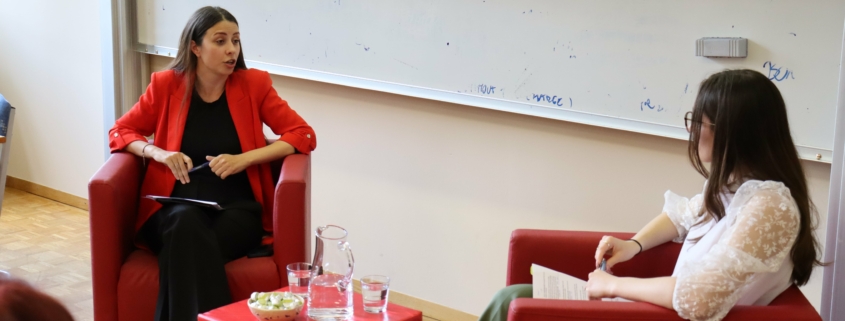
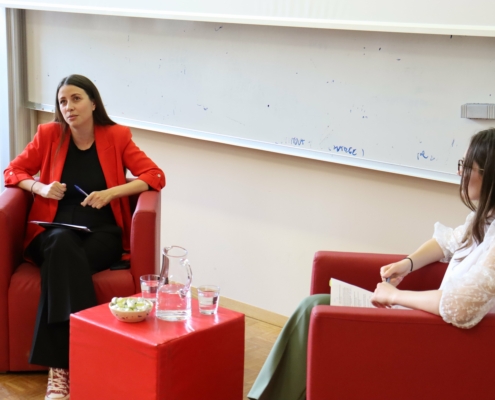
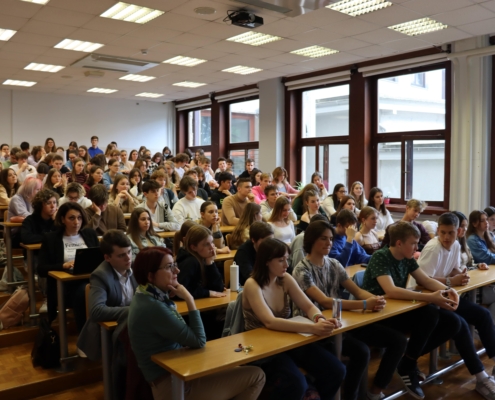
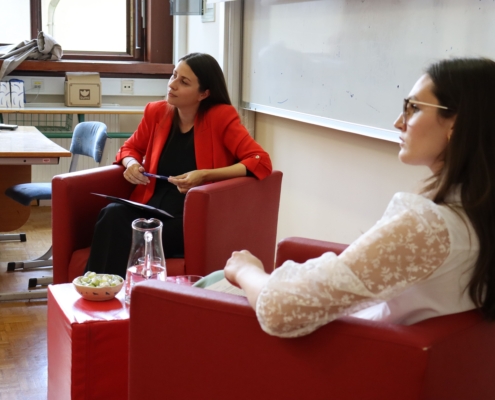
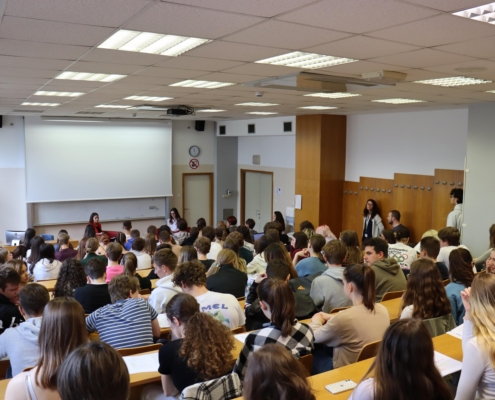



Leave a Reply
Want to join the discussion?Feel free to contribute!